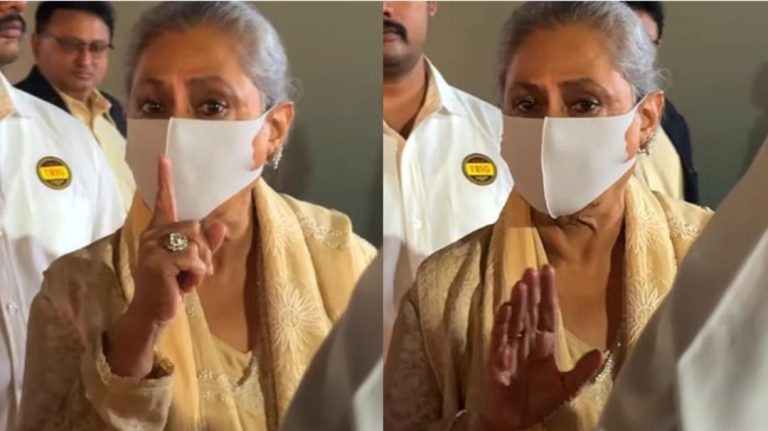
Mother of Colombian Leader Shot in Head Was Kidnapped by Drug Lord Pablo Escobar
In a shocking turn of events, Colombian presidential candidate Miguel Uribe Turbay was shot three times during a campaign event in a Bogota park on Saturday. The attack has sent shockwaves throughout the country, with many wondering if this is another attempt to disrupt the country’s already turbulent political landscape.
But what makes this story even more tragic is the personal connection to Pablo Escobar, the infamous drug lord who was killed in a shootout with Colombian police in 1993. Uribe’s mother, Diana Turbay, was a journalist who was kidnapped in 1990 by a group working under Escobar’s orders. The failed rescue attempt in which she died has left a lasting impact on Uribe’s life and political career.
Diana Turbay was a well-known journalist and human rights activist in Colombia, known for her investigative reporting on the country’s political corruption and human rights abuses. She was kidnapped by a group of heavily armed men on July 30, 1990, while she was returning to her home in Bogota. Her husband, Carlos San Epifanio, was a union leader and businessman tied to the Liberal Party, which added to the high-profile nature of the kidnapping.
Escobar’s organization, the Medellín cartel, claimed responsibility for the kidnapping and demanded a ransom for Turbay’s safe release. However, the Colombian government refused to pay the ransom, and a failed rescue attempt was carried out on August 16, 1990. Tragically, Turbay was shot and killed during the rescue attempt, along with four other people.
Uribe was just 17 years old at the time of his mother’s death and has spoken publicly about the devastating impact it had on his life. He has said that it was her death that sparked his interest in politics and his desire to fight against the corruption and violence that plagued Colombia during the 1990s.
Uribe’s political career has been marked by his commitment to combating corruption and promoting human rights. As a member of the Colombian Senate, he has been a vocal critic of the country’s political elite and has worked to pass legislation aimed at reducing corruption and increasing transparency.
Despite the challenges he has faced, Uribe has remained committed to his mother’s memory and has worked to carry on her legacy. He has spoken out about the need for greater transparency and accountability in Colombian politics and has advocated for stronger human rights protections.
The attack on Uribe during his campaign event on Saturday has sent shockwaves throughout the country and has raised concerns about the safety of politicians in Colombia. Uribe has vowed to continue his campaign despite the attack and has called for greater security measures to be put in place to protect politicians and citizens alike.
The attack also raises questions about the legacy of Pablo Escobar and the ongoing impact of his criminal activities on Colombian society. While Escobar was killed in 1993, his organization continued to operate and was responsible for numerous kidnappings, murders, and drug trafficking offenses.
In recent years, Colombia has made significant progress in combating drug trafficking and organized crime, but the legacy of Escobar’s criminal activities continues to have an impact on the country. The country’s political leaders, including Uribe, continue to grapple with the challenges of rebuilding trust and promoting stability in the wake of Escobar’s reign of terror.
As Uribe continues his campaign for the presidency, he will undoubtedly face numerous challenges and obstacles. However, his commitment to his mother’s memory and his determination to promote human rights and combat corruption will undoubtedly continue to inspire and motivate many Colombians.
In conclusion, the attack on Miguel Uribe Turbay is a sobering reminder of the ongoing challenges facing Colombia and the need for greater security and stability in the country. Uribe’s personal connection to Pablo Escobar’s criminal activities and his mother’s tragic death have given him a unique perspective on the country’s political landscape and have driven his commitment to promoting human rights and combating corruption. As Colombia looks to the future, it is clear that Uribe’s determination and leadership will be crucial in shaping the country’s future and promoting a more just and equitable society.
Source:






